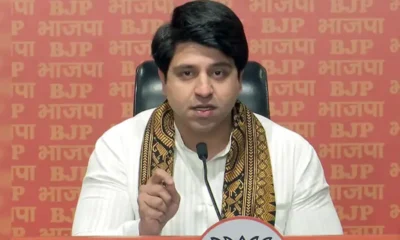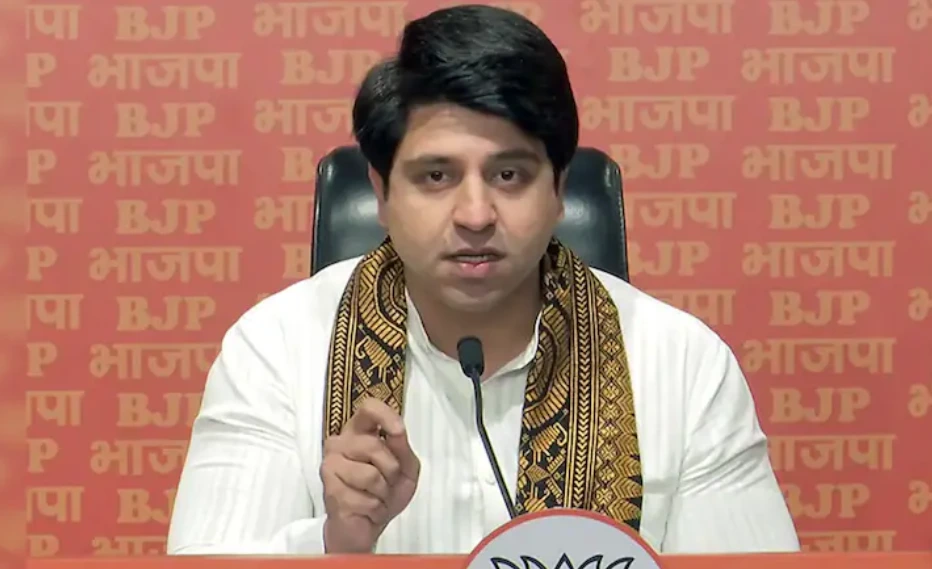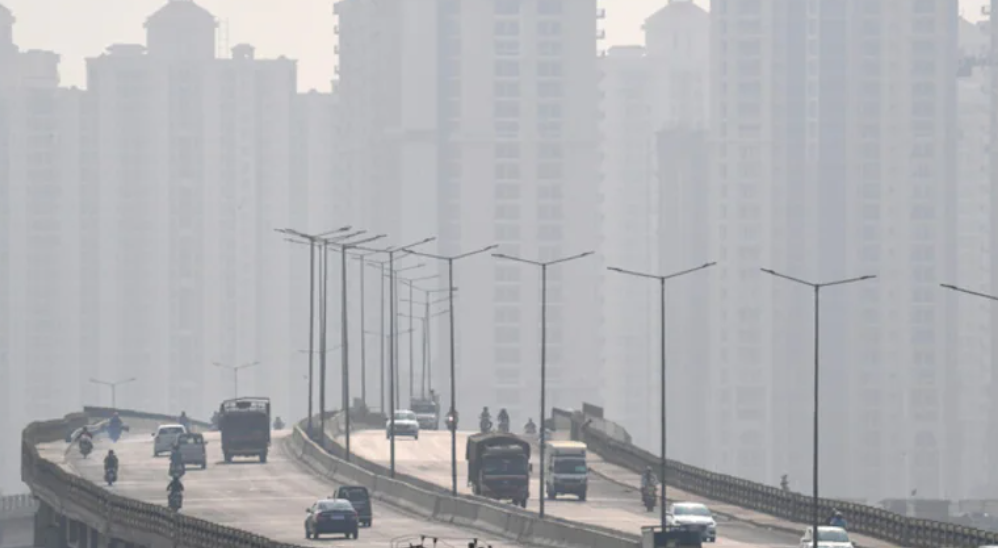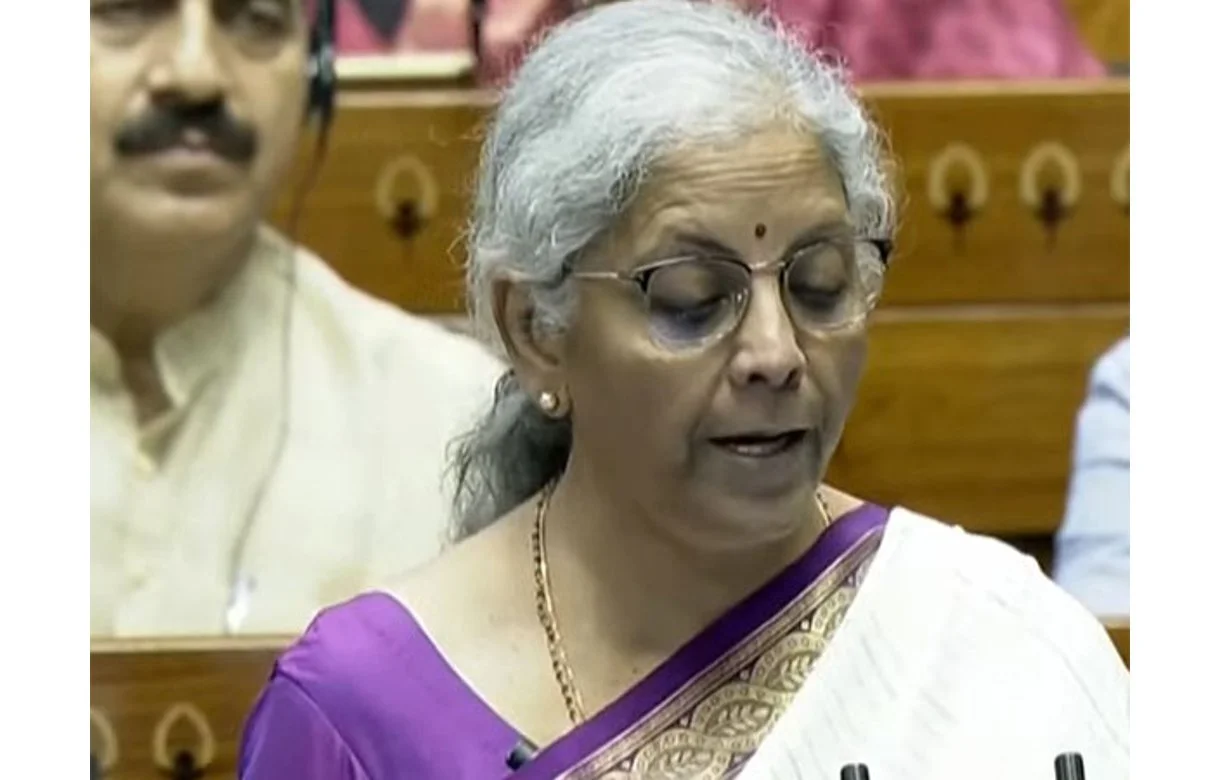Chief Election Commissioner OP Rawat, Photo Credit: Agencies
Election Commission backs proposal for simultaneous Lok Sabha and Assembly polls but says 5 Articles under the Constitution will have to be amended first
Close on the heels of Prime Minister Narendra Modi’s concerted campaign for simultaneous polls to the Lok Sabha and state assemblies, the Election Commission has written to the Union Law Ministry stating that while it backed the idea, at least five Articles under the Constitution will have to first be amended to make this major reform possible.
According to a report in the Times of India, the Election Commission has sent a detailed note to the Union Law Ministry on the legislative requirements that need to be met before the Modi government can actually go ahead with the idea of holding simultaneous elections. The details from the Election Commission were sought in response to a private member’s bill in Rajya Sabha.
The required amendments to the Constitution that the EC has pointed out pertain to five Articles which largely govern the duration and dissolution of the Lok Sabha and state assemblies.
An internal note of prepared on the issue by the law ministry after factoring in the suggestions of the Election Commission was reportedly accessed by the TOI. The TOI report says: “…EC said terms of state legislatures could be extended, or curtailed, to coincide with LS polls. Article 83, dealing with duration of Houses of Parliament may need amendment. Other Articles that may need amendment include Article 85, regarding dissolution of the Lok Sabha by the President; and Article 172, relating to duration of state legislatures, Article 174 relating to dissolution of state assemblies; and Article 356”.
Here’s what the Articles pointed out by the EC for relevant amendments state:
Article 83
“The House of the People, unless sooner dissolved, shall continue for five years from the date appointed for its first meeting and no longer and the expiration of the said period of five years shall operate as a dissolution of the House: Provided that the said period may, while a Proclamation of Emergency is in operation, be extended by Parliament by law for a period not exceeding one year as a time and not extending in any case beyond a period of six months after s the Proclamation has ceased to operate.”
(Relevant part regarding the Lok Sabha; the Article also talks about the Rajya Sabha but the amendment need not be made to the part concerning the Upper House as its term is not affected by the dissolution of the Lok Sabha or state assembly)
Article 85
Sessions of Parliament, prorogation and dissolution
(1) The President shall form time to time summon each House of Parliament to meet at such time and place as he thinks fit, but six months shall not intervene between its last sitting in one session and the date appointed for its first sitting in the next session
(2) The President may from time to time
(a) prorogue the Houses or either House;
(b) dissolve the House of the People
Article 172
Duration of State Legislatures
“(1) Every Legislative Assembly of every State, unless sooner dissolved, shall continue for five years from the date appointed for its first meeting and no longer and the expiration of the said period of five years shall operate as a dissolution of the Assembly: Provided that the said period may, while a Proclamation of Emergency is in operation, be extended by Parliament by law for a period not exceeding one year at a time and not extending in any case beyond a period of six months after the Proclamation has ceased to operate.”
Article 174
Sessions of the State Legislature, prorogation and dissolution
“(1) The Governor shall from time to time summon the House or each House of the Legislature of the State to meet at such time and place as he thinks fit, but six months shall not intervene between its last sitting in one session and the date appointed for its first sitting in the next session
(2) The Governor may from time to time
(a) Prorogue the House or either House;
(b) dissolve the Legislative Assembly.”
Article 356 – Outlines rules for declaration of President’s Rule in States
The TOI report also mentions that, despite the push for simultaneous polls by Prime Minister Narendra Modi and more recently also by President Ram Nath Kovind, the Election Commission has advised caution against implementing this ambitious plan without extensive discussions with all stakeholders. The report says that the Election Commission has told the Law Ministry: “Having regard to the federal structure of our system of governance, it is imperative that consensus of all state governments is obtained” on the issue of holding simultaneous polls to the Lok Sabha and state assemblies.
The poll panel has further noted: “In order to avoid premature dissolution, it may be provided that any ‘no-confidence motion’ moved against the government in office should also necessarily include a further ‘confidence motion’ in favour of a government to be headed by a named individual as the future PM and voting should take place for two motions together.”
It may be recalled that before his elevation as the Chief Election Commissioner, OP Rawat had indicated that the poll panel was in favour of the Prime Minister’s idea of conducting simultaneous elections for the Lok Sabha and state assemblies.


 India News22 hours ago
India News22 hours ago
 India News17 hours ago
India News17 hours ago
 India News18 hours ago
India News18 hours ago
 India News1 hour ago
India News1 hour ago
 India News2 hours ago
India News2 hours ago
 India News1 hour ago
India News1 hour ago
 Latest world news1 hour ago
Latest world news1 hour ago













